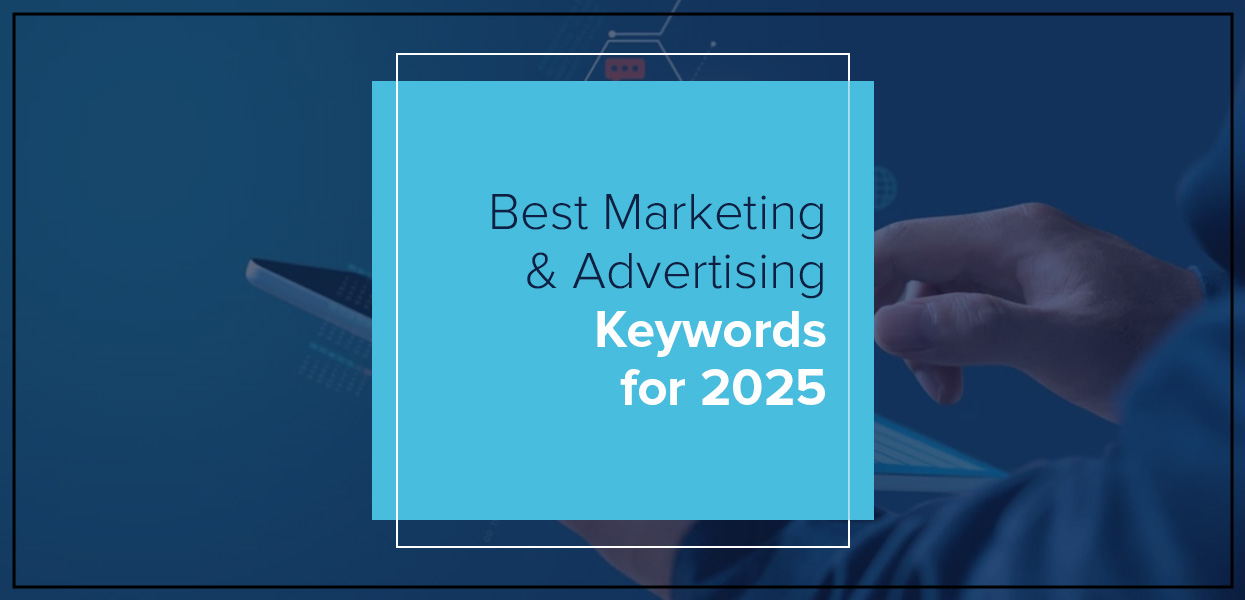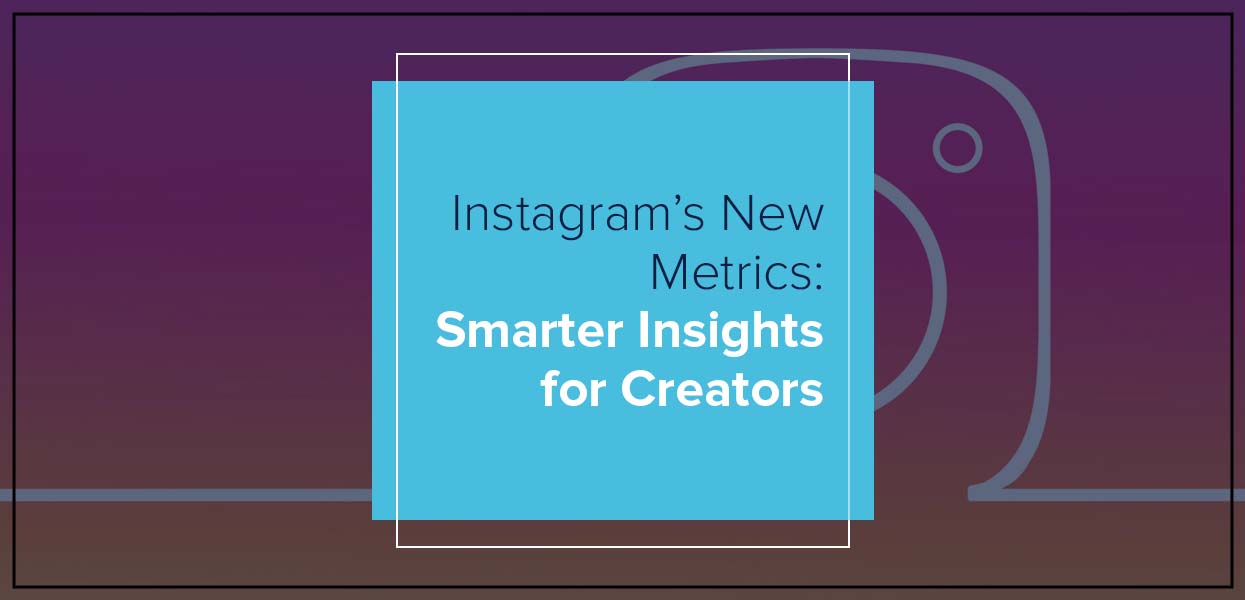Unilever’s €900M Marketing Blitz: A Bold Strategy for Growth

Unilever is making a bold bet on the future with its biggest marketing investment in over a decade. The consumer goods giant has announced a significant increase in its brand and marketing expenditure for 2024, raising investment by €900 million—its largest marketing spend in over ten years.
This increase now represents 15.5% of the company’s total turnover, reinforcing Unilever’s commitment to brand growth and consumer engagement.
While the company reported a 1.9% rise in turnover to €60.8 billion, its operating profit declined by 3.7% to €9.4 billion due to non-underlying charges, including asset disposal losses and restructuring costs.
Despite this, Unilever’s leadership remains confident in its long-term growth strategy, backed by its marketing and innovation investments.
Unilever’s Strategic Investment in Marketing
Marketing is not merely an expense for Unilever; it is a strategic driver of sustainable growth. The company’s decision to increase spending comes as a response to improving gross margins, allowing it to aggressively invest in brand-building and market expansion.
This bold move highlights Unilever’s forward-thinking approach, focusing on:
Sponsorships & Brand Visibility: The company secured major sponsorship deals for UEFA Euro 2024 and CONMEBOL Copa America USA 2024, amplifying its global presence.
Consumer Engagement & Loyalty: By increasing investment in advertising and brand-building initiatives, Unilever is strengthening its connection with customers worldwide.
Long-Term Market Positioning: The investment aligns with its refreshed GAP2030 strategy, positioning the company for future growth and market leadership.
Marketing Investment vs. Profit Margins: Striking the Right Balance
A key challenge for any business is finding the right balance between marketing investment and profit margins. Unilever’s latest strategy is a testament to the belief that increased marketing spend can drive long-term revenue growth.
However, with a 3.7% decline in operating profit, some might question whether the increased expenditure is sustainable.
The answer lies in Unilever’s performance metrics:
Sales growth: 4.2%
Volume growth: 2.9%
Price growth: 1.3%
These figures suggest that Unilever’s strategy is already yielding results. By increasing brand visibility and engagement, the company is ensuring continued sales growth, even in a market facing economic uncertainties.
Digital Transformation: The Key to Marketing Efficiency
Unilever’s marketing spend is not just about traditional advertising; it is increasingly digital-first and data-driven. The company leverages AI and predictive analytics to optimize campaigns, ensuring that every euro spent maximizes ROI.
Here’s how Unilever is driving marketing efficiency:
AI-Powered Advertising: The use of machine learning to personalize campaigns, improving customer engagement and conversion rates.
Data-Driven Decision Making: Analytics and consumer insights inform media spending, ensuring high-impact targeting.
Performance Marketing: A focus on key performance indicators (KPIs) such as customer lifetime value and conversion rate optimization.
Innovation & Purpose-Driven Marketing
Another crucial pillar of Unilever’s marketing strategy is its commitment to purpose-driven branding. Consumers today expect brands to stand for something beyond just their products, and Unilever has successfully embedded sustainability and social impact into its messaging.
Key campaigns include:
Dove’s “Real Beauty” Movement: A campaign focused on body positivity and self-confidence.
Ben & Jerry’s Activism-Based Marketing: Using brand influence to address social and environmental issues.
Eco-Friendly Product Innovation: Marketing sustainable packaging and plant-based alternatives to meet evolving consumer demands.
Future Outlook: What’s Next for Unilever’s Marketing Strategy?
Looking ahead, Unilever expects underlying sales growth in 2025 to align with its long-term target of 3-5%.
While market conditions may remain subdued in the first half of the year, price adjustments reflecting rising commodity costs are expected to improve performance later in the year.
Additionally, the company foresees a balanced contribution from both volume and price growth, projecting a modest increase in its underlying operating margin compared to 18.4% in 2024. This improvement is expected to materialize in the second half of the year, following a particularly strong first half where the operating margin peaked at 19.6% due to pricing carry-over and falling input costs.
Unilever’s CEO, Hein Schumacher, emphasized that 2024 was a transformational year for the company. He highlighted the importance of the refreshed GAP2030 strategy, increased investment in brands, and a strong innovation pipeline as key drivers for future growth. “Market growth slowed throughout the year, and we expect a soft start in 2025.
However, the launch of our refreshed strategy, increased investment in brands, and strong innovation pipelines position us well for future growth,” Schumacher stated.
Key Takeaways for Businesses
Unilever’s €900M marketing blitz offers valuable lessons for businesses looking to optimize their marketing investments without compromising profitability:
Invest in Brand-Building: Long-term brand equity is essential for sustained growth. Strong branding fosters customer loyalty and creates a competitive edge in saturated markets.
Integrate AI & Predictive Analytics: Using data-driven insights ensures maximum marketing efficiency. Leveraging AI helps personalize campaigns, optimize ad spend, and improve customer engagement.
Balance Investment & Profitability: Strategic spending must align with business growth objectives. A well-planned budget ensures sustainable expansion without jeopardizing financial stability.
Emphasize Purpose-Driven Marketing: Consumers prefer brands with meaningful narratives. Aligning marketing efforts with social responsibility fosters trust and long-term brand affinity.
A Bold Move for Long-Term Gains
Unilever’s decision to boost its marketing investment by €900 million is a calculated risk that aligns with its broader growth ambitions. While short-term profitability has taken a hit, the company’s long-term strategy remains strong, focusing on brand engagement, digital transformation, and purpose-driven marketing.
By prioritizing strategic marketing investments, Unilever is positioning itself for continued success in a rapidly evolving consumer landscape.
For businesses aiming to navigate similar challenges, the key takeaway is clear—marketing is not an expense but a powerful driver of growth and competitive advantage.
Need to know more about how you can drive growth?
Then connect with uniworld studios!
Categories
- Digital Marketing
- Website Development
- Graphic Design
- Content Writing
Latest Posts
-
- Essential Marketing & Advertising Keywords 2025



